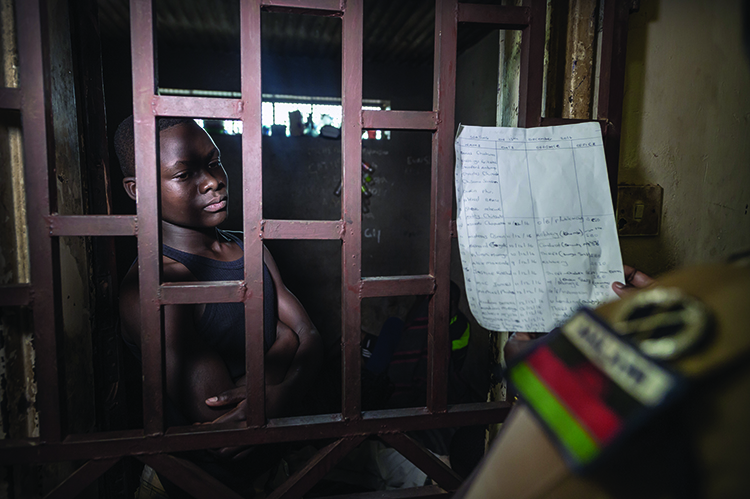PRI: Pre-trial detention contributes significantly to prison overcrowding and causes a range of harms to individuals, their familes, and society. But what is driving its use? In this blog, Madhurima Dhanuka from the Commonwealth Human Rights Initiative presents the findings of a recent report and explores the disproportionate impact of pre-trial detention on poor and marginalised communities.
There are 25.3% more people in prison today than there were in 2000. This increase in the global prison population has led to severe overcrowding of prisons around the world with prison systems in at least 15 countries operating at more than 250% occupancy, and 120 countries with occupancy rates exceeding 100%. Thus, one wonders if imprisonment is the default choice for justice administrators and not a last resort?
Discriminatory laws, punitive drug policies, extreme sentences, underuse of alternatives, and the aftermath of the COVID-19 pandemic are some of the likely drivers of imprisonment. In many countries, poor and marginalised sections of the society are overrepresented in prisons as a result of laws that criminalise poverty, despite extensive community-led movements to decriminalise petty offences. Another major concern is the duration of trials and, in the meantime, lengthy detention of accused persons in prisons.
Read full blog: Poverty and detention: Are legal frameworks adequate?


